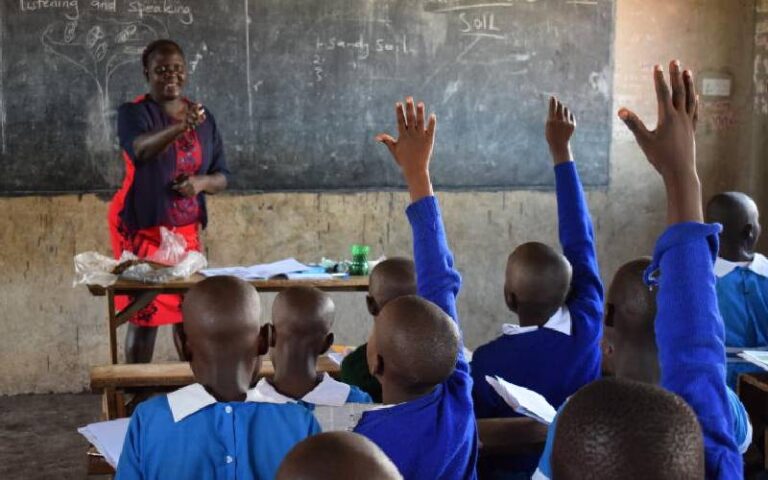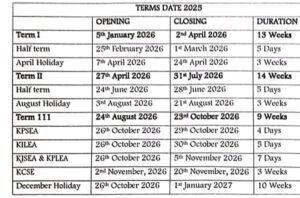Kenya’s Competency-Based Education (CBE) system is under strain as Junior School suffers from a crippling teacher shortage that threatens the quality and sustainability of the reform. Despite government claims of aggressive recruitment, data from the Teachers Service Commission (TSC) shows that Junior School requires 72,000 more teachers to operate effectively.
With only 83,129 teachers deployed to Junior School, the deficit remains one of the largest in Kenya’s education history. The situation is worsened by the rapid expansion of Grades 7, 8 and 9 under CBE, which require specialised, multidisciplinary teaching.
The shortage is particularly acute in STEM subjects—Science, Technology, Engineering and Mathematics—where specialised teachers are extremely limited. The government has announced that 24,000 new interns will be recruited by January 2026, but even this will barely dent the massive deficit.
Education analysts argue that the reliance on internships instead of permanent recruitment masks the true magnitude of the staffing crisis. Interns, earning less than Sh18,000 after deductions, are expected to deliver a complex curriculum that demands high content mastery, creativity and sustained learner engagement.
The shortage affects classroom management, assessment timelines, curriculum implementation and student performance. In many schools, teachers handle workloads that far exceed recommended limits, leading to burnout and declining quality of instruction.
Infrastructure challenges compound the crisis. Many Junior Schools lack adequate classrooms, laboratories, digital equipment and specialised facilities required for CBE’s competency-driven approach. President Ruto has pointed to constituency-level NG-CDF allocations as a solution, but rural areas continue to struggle with overcrowded learning spaces.
The shortage of qualified teachers also undermines CBE’s vision: a learner-centred, skills-based education. Without enough trained professionals, Kenya risks rolling out the most ambitious education reform in decades without the necessary human capital to support it.
While the government insists it is committed to resolving the staffing gaps, critics warn that until funding is fully aligned with CBE needs and permanent recruitment is prioritised, the system will continue to face significant challenges.





